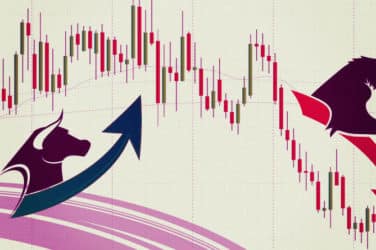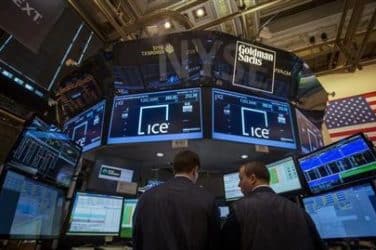
U.S.-based hedge funds with a significant presence in Europe could be faced with a regulatory quandary regarding the trading of U.S. dollar interest rate swaps. That’s because their European subsidiaries are considered U.S. persons under the law, and are therefore subject to the U.S. Commodity Futures Trading Commission’s rules that require OTC instruments to be traded on swap execution facilities or on exchanges.
“There are a fair amount of hedge funds or asset managers that even though they are domiciled in London and the Netherlands, they are called U.S persons because of the percentage of assets that they manage are domiciled in the U.S.,” said Laurent Paulhac, head of Icap’s SEF.
Banks with overseas subsidiaries are faced with a similar problem, and have dealt with it by legally detaching the U.S. and non-U.S. entities through a vehicle known as “non-guaranteed affiliate.”
“If you are a U.S bank and you have a branch, that branch would be a U.S. person,” said Paulhac. “However if this branch is a non-guaranteed affiliate, then it is not a U.S person.”
Anticipating such problems, Icap launched a UK subsidiary, ICAP Global Derivatives Limited (IGDL), which it says is the first global SEF and Multilateral Trading Facility (MTF), regulated by both the CFTC and the UK Financial Conduct Authority (FCA).
By registering to be a SEF with the CFTC, IGDL can provide direct access to market participants in both the US and EEA in a manner which satisfies SEF transaction level requirements and EEA regulatory rules via its electronic order books and US and London based voice swap execution specialists.
“[IGDL] is a global SEF, dually registered and regulated both as an MTF under FCA in the UK as well as the SEF under the CFTC in the U.S.,” said Paulhac. “We started over a year ago to analyze what could be the consequences of regulatory cross border issues, and we concluded that we should expect different regulators having jurisdiction over different markets for some time even though these markets remain very intertwined.”
Regulatory requirements on central clearing impose new challenges on the buy-side, as they are now responsible for reporting to SDR and CCP, matching up with counterparties and aggregating transaction details post trade.
Looking ahead, firms are expecting to see more products such as NDF to be included in Dodd-Frank reform, and firms will need to have a centralized system that supports trading and regulatory reporting of all products.
Some liquid products such as CDS and interest rate swaps have gained interest from firms that develop systems to enable straight through processing of order capturing, execution, clearing and settlement.
“STP is pivotal, and our clients want to be able to use the OMS as their central hub for booking all of their OTC orders and managing the entire life cycle,” said Dan Gavin, director of product management of Eze Software Group. “We have focused on trying to make that entire end to end process seamless for our client base, meaning that they could enter an order in our system, and have it flow through directly to their SEF and post-trade matching affirmation tools.”
In the past, some Eze Software clients chose not to manage their OTC instruments in the OMS. “They did it externally with their counterparties/FCMs,” Gavin said, “but since the SEF and clearing mandates, we have been adding a lot of users who require the robust multi-asset capabilities of the Eze OMS.”
Featured image via iStock






